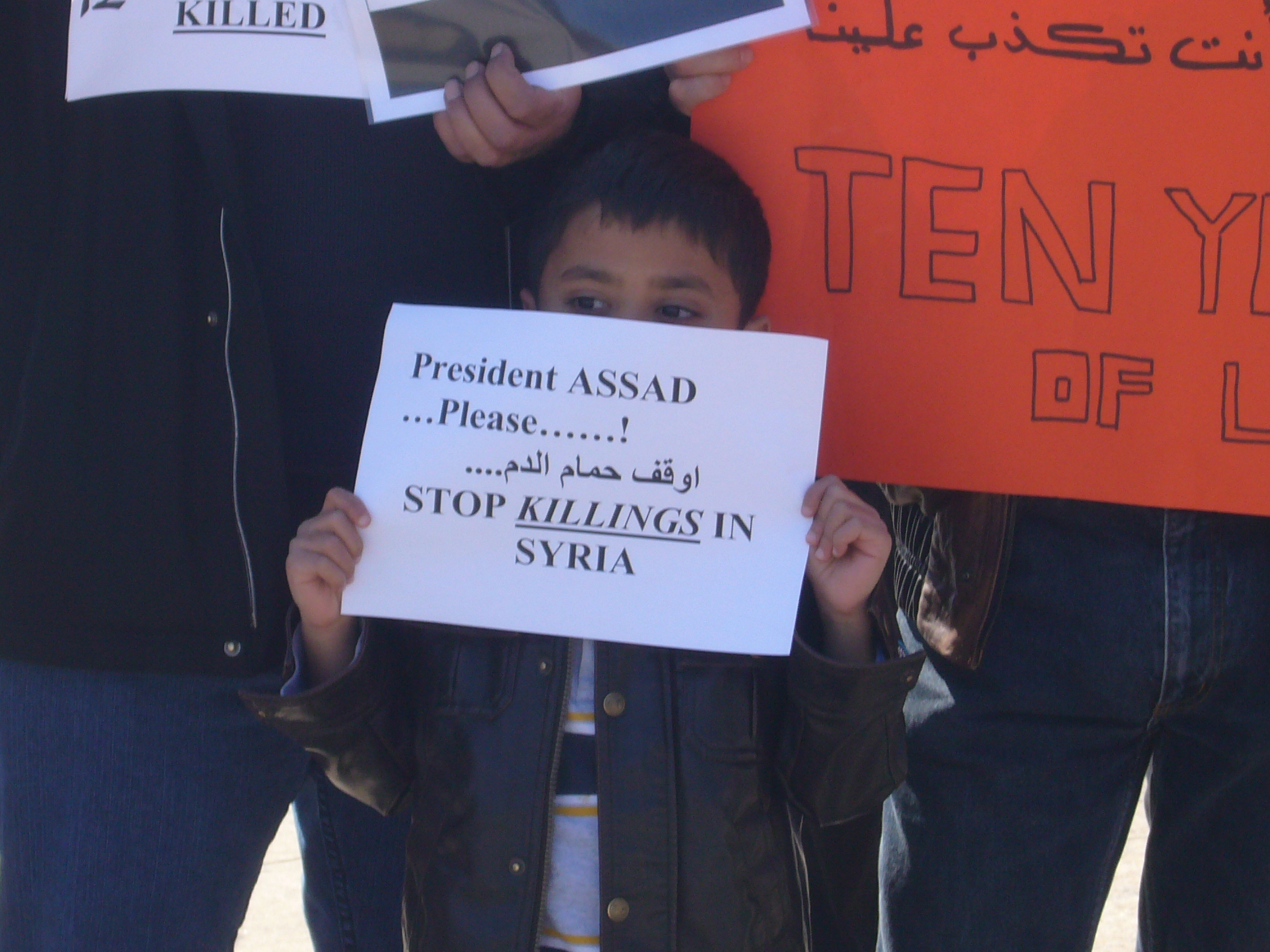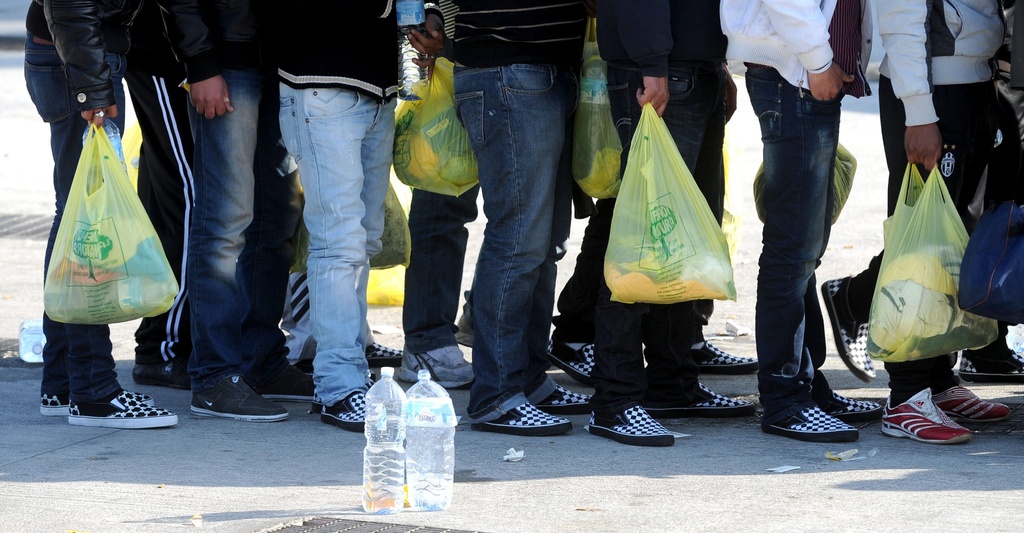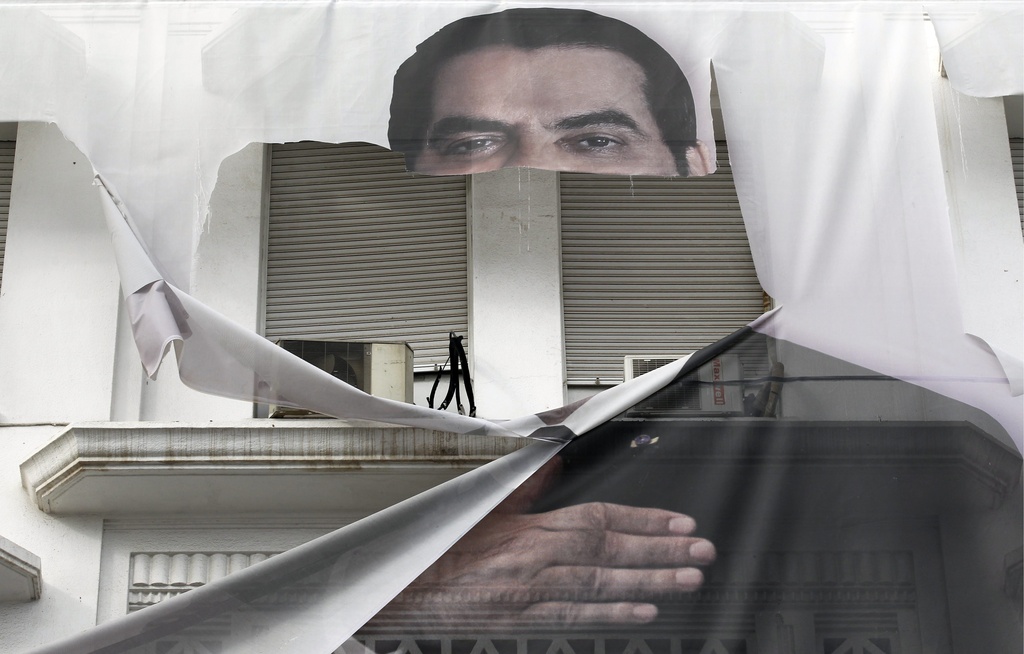More work for NGOs despite Arab spring clean

Swiss non-governmental organisations working in North Africa and the Middle East welcome changes underway in the region, but warn that not all problems will be solved.
The NGOs say that while more democracy is on the cards, constitutional changes and more social justice are needed to ensure reforms are a success.
For Pierre Zwahlen, spokesman for Terre des hommes, which operates in nine Arab countries providing help to children, these changes herald a new era where human rights will be respected, transparency prevails, and where democracy is the norm.
But he adds “this process will take a long time, and we are following these developments with great interest”.
Another Swiss-based NGO, the Hirondelle media foundation, stresses the important role the media should play at this juncture.
“It should switch from being a tool favouring dictatorships into a voice expressing the people’s will,” said Julia Crawford, head of new projects at Hirondelle.
“The media should also be more committed to professional standards.”
Support needed
All indications point to populations in several Arab countries taking affairs back into their own hands, pushing through political reforms and working for improved living standards.
But Franz von Däniken, a board member of Drosos, which provides social assistance for the poor with over 60 projects in the Arab world, cautions it won’t all change for the better immediately.
“The less wealthy will still need support for a sustained period, especially since conditions in these countries have largely deteriorated for this part of the population,” he told swissinfo.ch.
The NGOS welcome the changes underway, but do not doubt that the transition will lead to instability and some insecurity.
For Zwahlen, the democratic process is still in its infancy. “The fall of two despotic regimes in Tunisia and Egypt does not necessarily mean that the conditions will change overnight or automatically without some effort in this direction,” he told swissinfo.ch
The Hirondelle foundation is more confident about the future. It has already presented a Tunisian radio project, aimed at establishing a network of independent reporters.
But Crawford believes this will not be enough to reform the country’s media. “It requires a change of the legal framework, freeing the press from the influence of pressure groups that were linked to the former regime,” she pointed out.
More scope
The developments taking place in the Arab world could provide a wider scope to these Swiss organisations, which normally prefer to cooperate with the private sector and civil society organisations.
But they are also keen to reduce the chain of intermediaries as much as possible to guarantee efficiency, making them insist even more on their own options and work methods.
Drosos, while expanding its activities to new Arab countries, starting with Tunisia, will not be making wholesale changes to its activities.
“So far our experience has been rich and positive in the countries of the region,” said von Däniken.
“We do not see any need to change this and recent events will only consolidate this approach.”
The foundation is active in:
• Fighting poverty and its consequences
• Promoting health and supporting ill and suffering people
• Facilitating the access to education and knowledge
• Stimulating creative activities of young people
• Protecting the environment
It is active in Switzerland and abroad, including in Egypt, Morocco, the Occupied Territories and Syria.
Its primary mission is to assist children in exceptional and difficult conditions such as war or natural disasters.
Some projects focus on emergency aid, while others take the form of development aid.
It is the largest child protection NGO in Switzerland.
Founded by journalists in 1995, Hirondelle builds and manages independent media in post-conflict areas, and currently operates or supports network stations in the Central African Republic, Democratic Republic of Congo, Liberia, Sierra Leone, Sudan and Tanzania.
Previously, the foundation has developed projects in Kosovo, East Timor and Nepal.
It develops strong and independent media and provides training, funding and technical assistance to develop and sustain radio stations at the service of populations in crisis zones.

In compliance with the JTI standards
More: SWI swissinfo.ch certified by the Journalism Trust Initiative












You can find an overview of ongoing debates with our journalists here . Please join us!
If you want to start a conversation about a topic raised in this article or want to report factual errors, email us at english@swissinfo.ch.